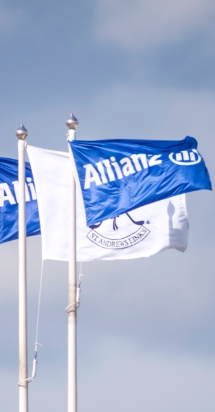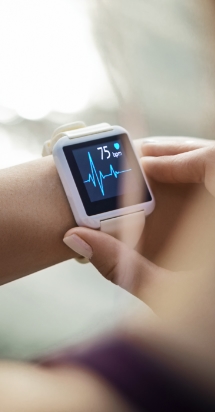When we think about insurance fraud, many of us are aware of the correlation between motor insurance fraud and an increase in our premiums, due to ‘crash for cash’ schemes, whereby fraudsters stage road accidents in order to lodge a claim. However, this is not the only area of insurance that is impacted by fraud. It’s a concern that is also shared by health insurers and is just as important when it comes to protecting most customers from the actions of a few. Today, with financial pressures mounting due to Covid-19, fraud is something for which we are continually on high alert.
Health insurance fraud is categorised into two main types: ‘opportunistic’ and ‘systematic’. ‘Opportunistic fraud’ occurs when people take advantage of an otherwise legitimate situation to exaggerate a claim for monetary gain. An example would be overstating the financial impact of a genuine medical procedure or appointment. Culprits are ‘opportunists’, in that they may not have set out to commit fraud. Conversely, ‘systematic fraud’ is generally pre-planned and executed with the sole intention of committing fraud, usually for financial gain.
Covid-19 effects an impact on opportunistic fraud
In recent years, we have seen an increase in fraud globally. There is certainly a sense that whatever the current state of an economy is has an impact on how often fraud occurs in it. As we know, Covid-19 has put additional financial strain on many people across the globe, which is often the main cause behind opportunistic fraud. Furthermore, the cost of healthcare during this period can be expensive, and people are seeking ways to compensate for the cost by overstating their expenses. In addition to this, we are also seeing some more systemic fraud on the part of the healthcare providers who may have lost revenue during periods of lockdown.
Around the world, many people are losing partial or full incomes, and healthcare providers have been under unprecedented strain as a result of the pandemic. We know that Covid-19 is being dealt with differently across the globe; from how testing is being provided to how healthcare providers are being supported by their local government. In some countries, there is a significant cost associated with Covid-19 testing, which has led to several fraudulent claims for tests. In one recent case, we saw a mother and child present to hospital with fake Covid-19 symptoms, for which they were tested and given the all clear. They made a falsified claim to cover the cost of testing and 14 days hospital admission. We noticed that the claim didn’t include a fee for PPE, which triggered our alert, and, on investigation, they had never been admitted.
Impact of technology on fraud
Covid-19 has forced many of us to live most of our lives ‘online’ – using digital and virtual spaces for the majority of our interactions since earlier this year. While this protects us from the spread of the virus, it has also meant that we could not allow our fraud detection teams physical access to examine certain incidences of suspected fraud.
Mobile technology has played a significant role in the rise of both opportunistic and systematic fraud in recent years. We have found that interaction with online platforms when making a claim adds a layer of anonymity that one would not encounter if they were dealing directly with another person. This can make it easier for certain people to attempt to submit an exaggerated or illegitimate claim as they can do so behind the safety of their PC or mobile screen. On the other hand, advances in technology have also heightened our awareness of fraudulent activity and provided us with more sophisticated tools for detection and prevention. It has also allowed us to gain deeper insights into which areas should be considered ‘high risk’ in terms of fraud. Thankfully, our digital detection measures are effective in helping us to assess and prevent risk, and to track new methods of potential fraud.
Global fraud awareness
As a global insurer, we must consider the fraud risks in every country where we have customers. We monitor activity closely. This is through a combination of market analysis, which we undertake ourselves, and analysing reputable, third-party resources such as the Corruptions Perception Index, delivered by Transparency International each year. There are certain regions where we encounter a higher instance of fraud and there, we have extra-stringent detection methods in place that are working well. Monitoring the situation with respect to Covid-19 is crucial. As the situation develops, so too do the opportunities for fraud.
The vast majority of customers and medical providers that we deal with are honest professionals. However, we continue to be vigilant in identifying fraud from the minority who are not. We continuously invest in fraud detection and prevention to make sure that we can provide fairness and protection to our customers.
This article was first published in ITIJ.


















